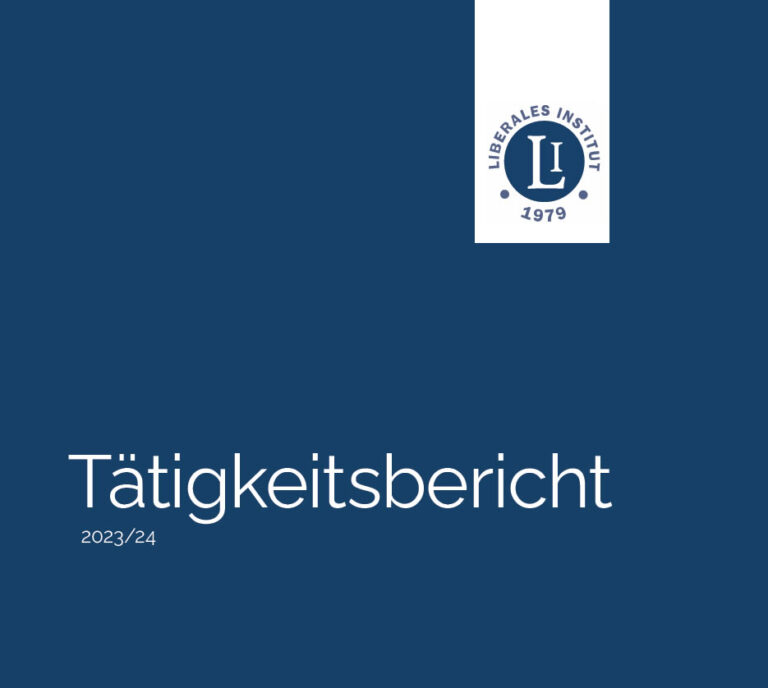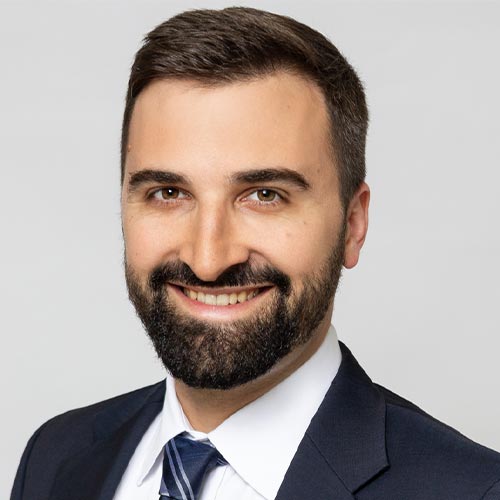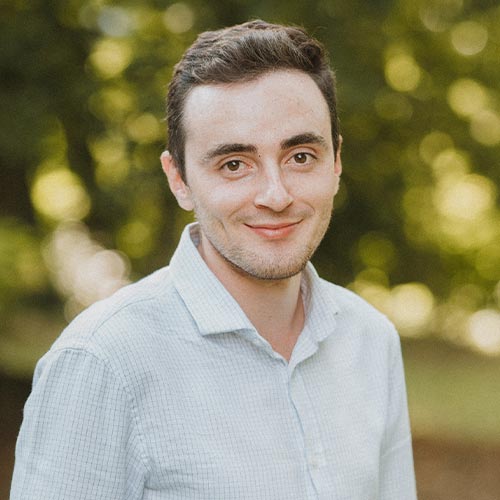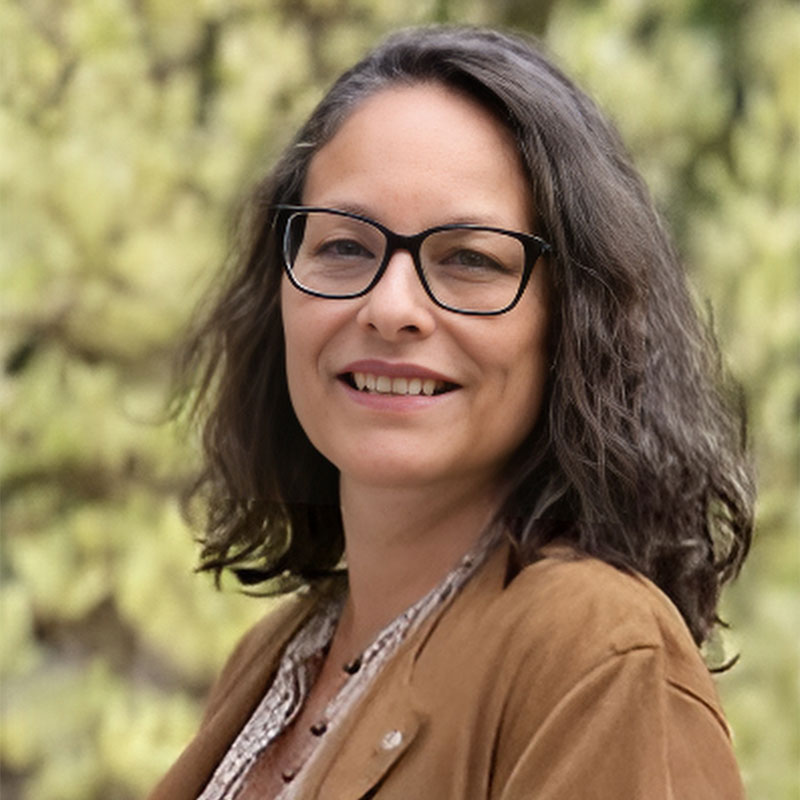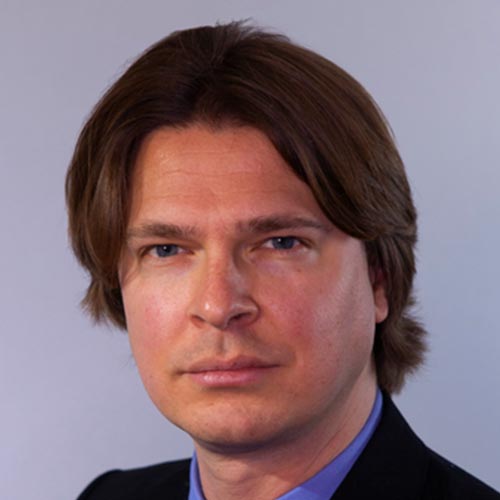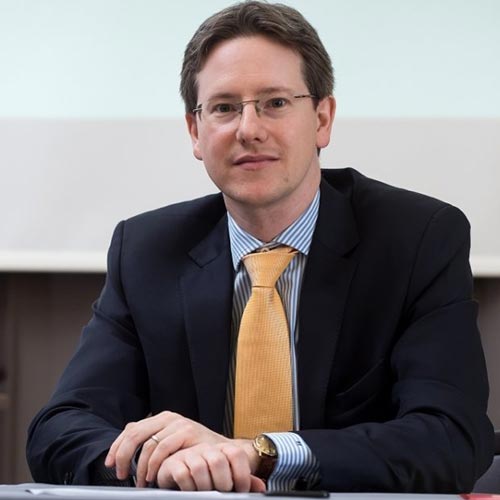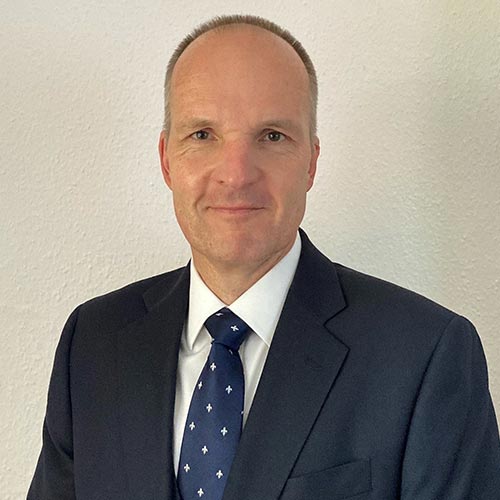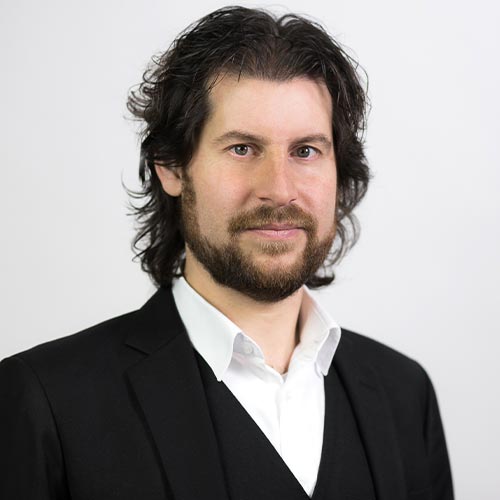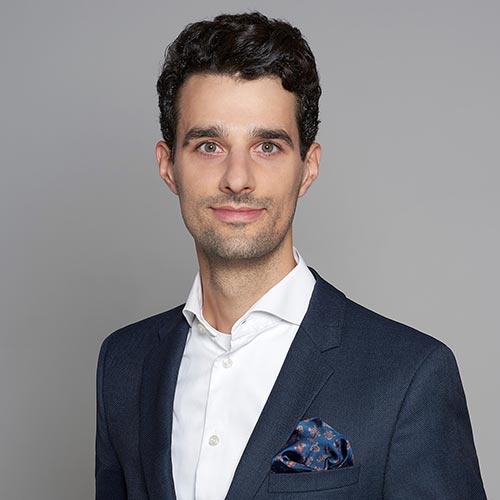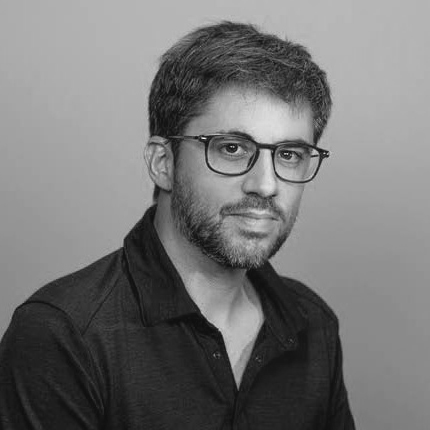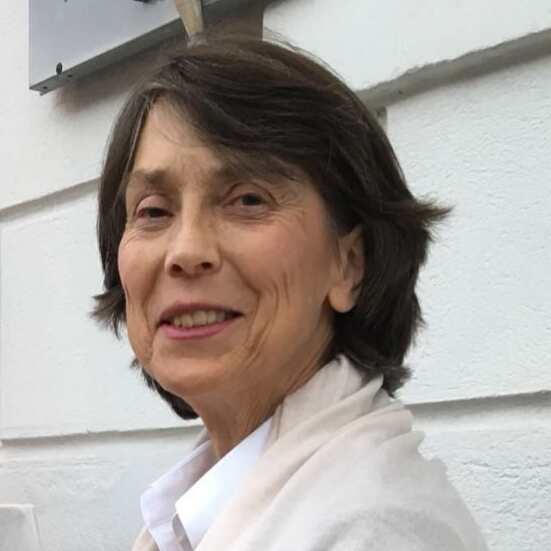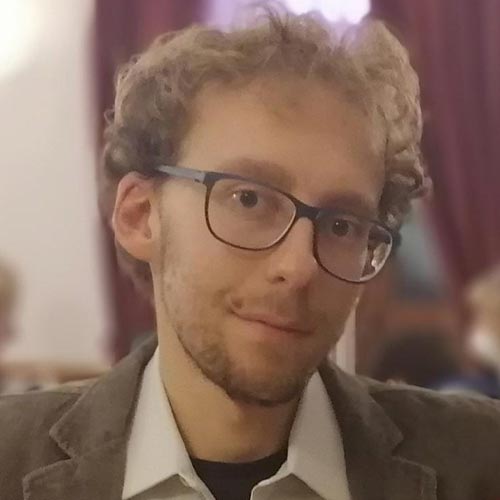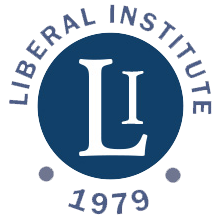About the institute
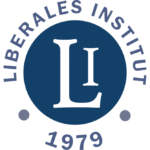
Founded in 1979, the Liberal Institute pursues as its mission the research and dissemination of the ideas of liberty. The Institute advances the Swiss tradition and culture of individual freedom, peace, openness and political diversity and furthers the development of the liberal intellectual tradition. Private autonomy on the basis of property and contract and the free exchange of ideas and products on open markets in a non-centralized institutional environment serve as guiding principles.
The Liberal Institute is Switzerland’s first independent think tank. Federal in spirit and international in outreach, it operates in four languages: German, French, Italian and English.
At the core of the activities of the Liberal Institute lie numerous book publications and online publications, as well as a series of public and private events. The institute oversees targeted programs for young talents from politics, science, journalism and business, such as the annual Liberty Summer School. In doing so, it cooperates with target-related organizations throughout Switzerland and internationally and publishes numerous scientific indexes, such as the Economic Freedom of the World Index and the Property Rights Index.
The Liberal Institute presents every year the Röpke Prize for Civil Society to individuals who have made significant contributions for the culture of liberty in Switzerland. At its Zurich site, the Institute maintains a multilingual Library of Liberty, which is available to students, researchers, and other interested parties.
The freedom think tank also operates the websites of two influential liberal economists, Roland Baader (1940-2012) and Anthony de Jasay (1925-2019).
Distinctions
- Network Prize of the Friedrich August von Hayek Society (2021)
- Templeton Freedom Award of the Atlas Economic Research Foundation (2005)
- Freedom Prize of the Max Schmidheiny Foundation (1991)
Organization
The Liberales Institut is supported by a team of committed liberal personalities.
Institute Management
Associated researchers
Associated employees
Board of Trustees
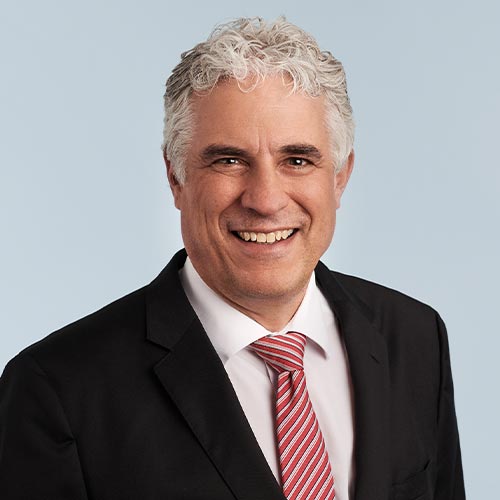
Daniel Eisele
Attorney at Law,
Zurich (President)
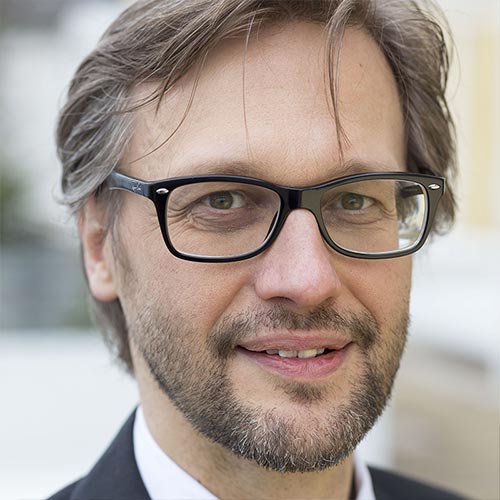
Sandro Piffaretti
Entrepreneur,
Cham (Vice President)
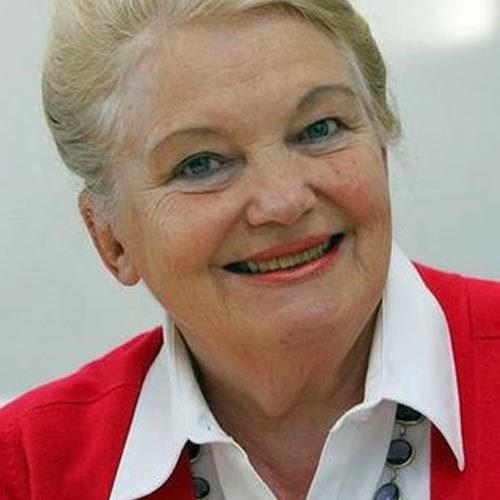
Victoria Curzon Price
Professor of Political Economy, Geneva
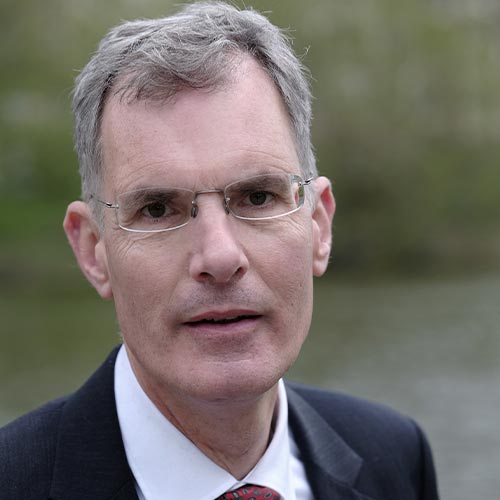
Michael Esfeld
Professor of Philosophy of Science, Lausanne
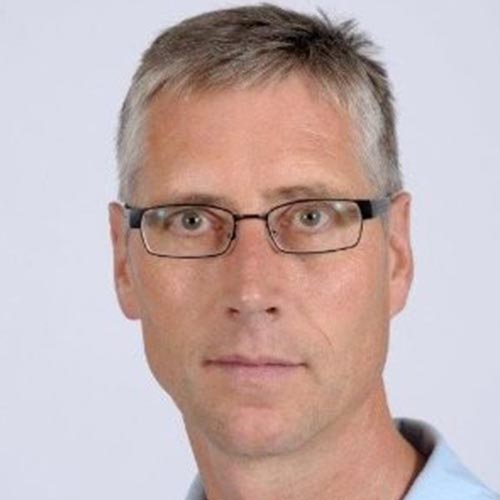
Beat Gygi
Publicist,
Zurich
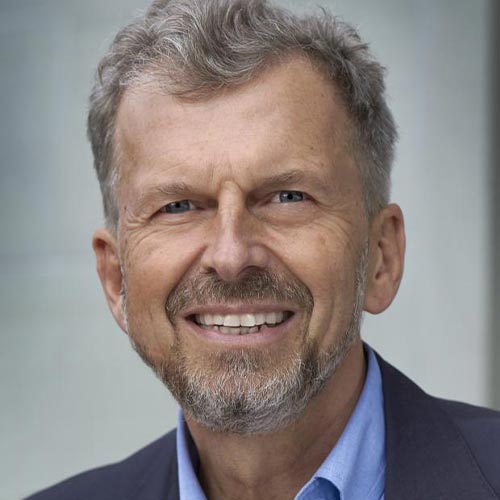
Daniel Model
Industrialist,
Weinfelden
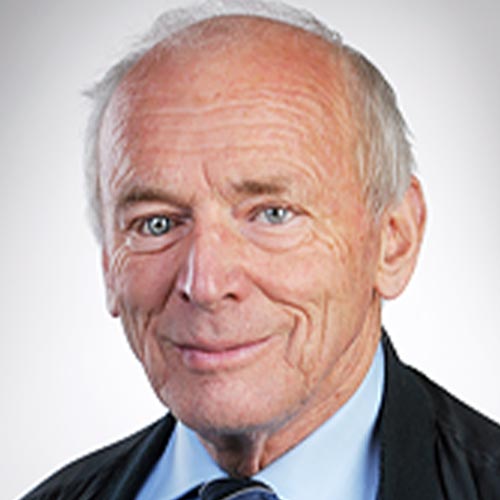
Robert Nef
Publicist,
St. Gallen
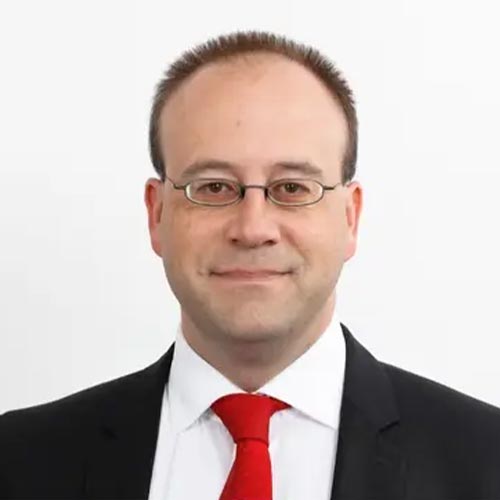
Henrique Schneider
Economist,
Appenzell
Academic Advisory Board
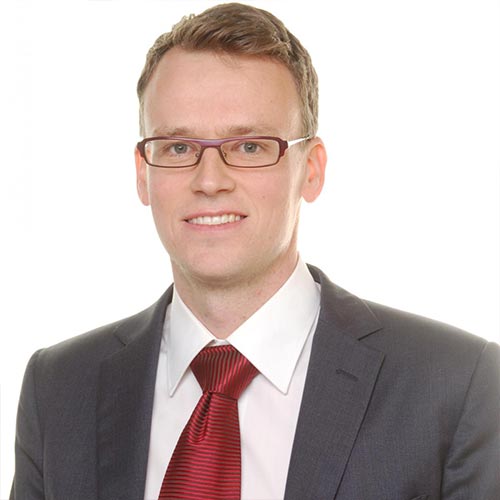
Philipp Bagus
Professor of Economics, Universidad Rey Juan Carlos, Madrid
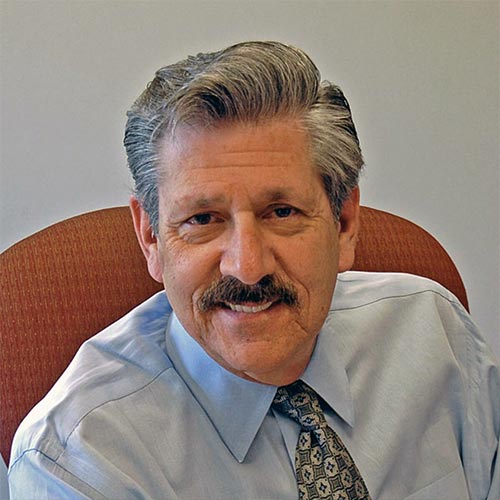
Richard Ebeling
Professor of Economics,
The Citadel, Charleston
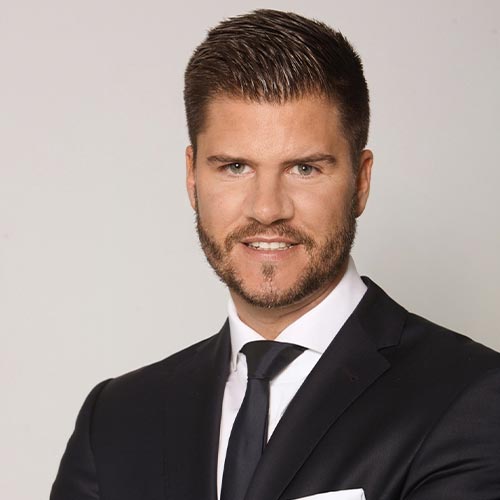
Florian Follert
Professor of Business Administration, Private University Schloss Seeburg, Seekirchen am Wallersee
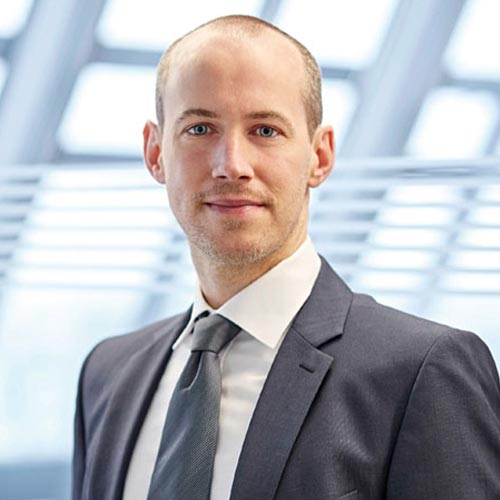
Christian Hoffmann
Professor
for Economics,
University of Leipzig
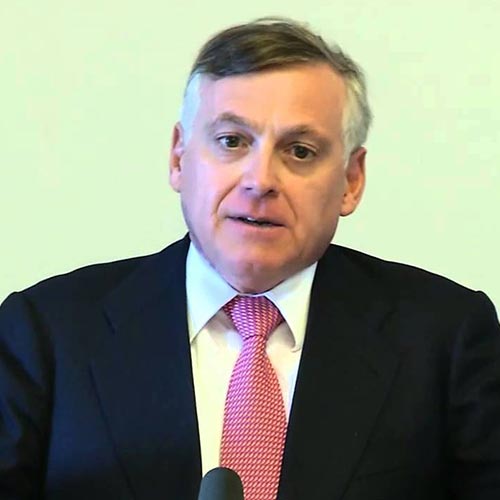
Jesús Huerta de Soto
Professor of Political Economy, Universidad Rey Juan Carlos, Madrid
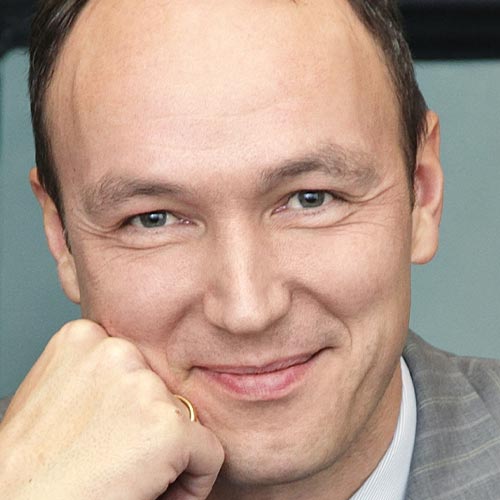
Guido Hülsmann
Professor
of Economics,
Université d'Angers.
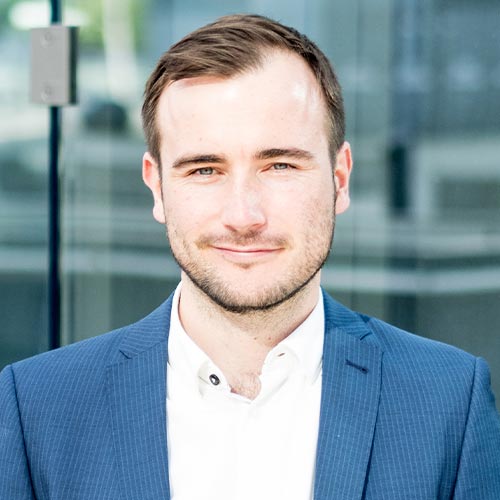
Karl-Friedrich Israel
Assistant Professor of Economics, Université Catholique de l'Ouest, Angers
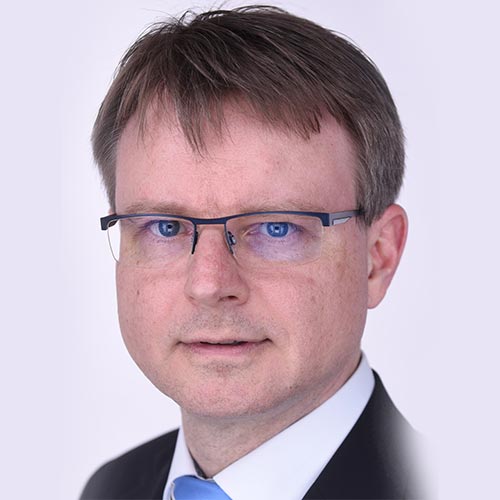
Stefan Kooths
Director of the Research Center Business Cycle and Growth at the Kiel Institute for the World Economy, Kiel, Germany
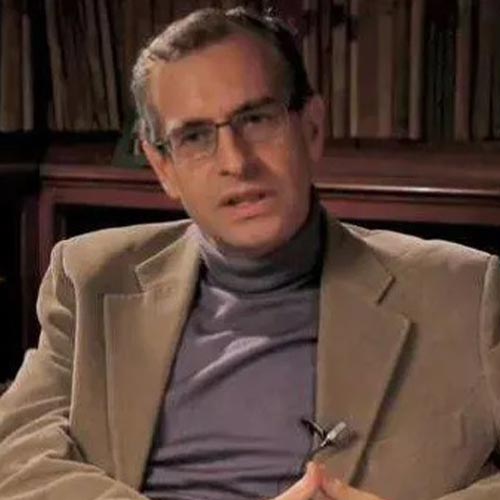
Carlo Lottieri
Professor of Economics, Università degli Studi di Verona
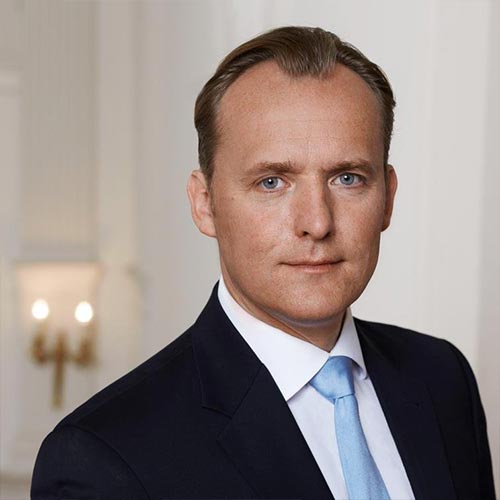
Thorsten Polleit
Professor of Economics, University of Bayreuth

Pascal Salin
Professor of Economics, Université Paris-Dauphine
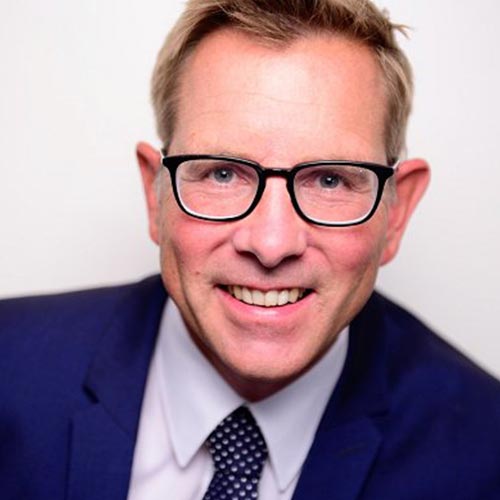
Gunther Schnabl
Professor of Economics, University of Leipzig
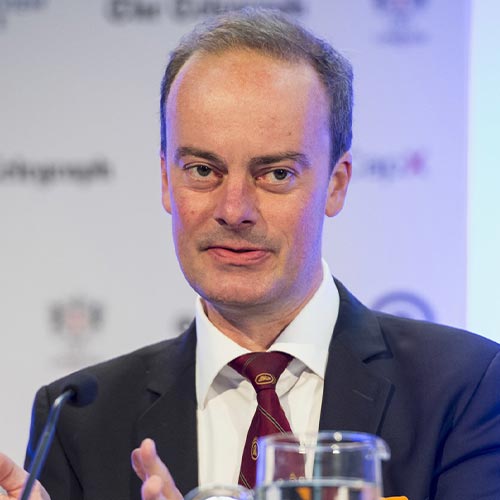
Michael Wohlgemuth
Professor of Economics, University of Witten/Herdecke
Auditors
Marty Revision AG,
Luzern, Schweiz
Philosophy
Liberalism is rooted in skepticism toward power and coercion and therefore toward the state. This is also where it derives its vigor and urgency.
Freedom rights, as fundament of the liberal order, cannot be relativized without endangering human dignity. That is why they deserve our special care — and our commitment. The fundaments of a liberal order can be described by means of the following three principles:
Understanding the mature person as origin and goal
Every liberal order stands and falls with respect for the autonomy of the person. Where coercion prevails, voluntariness and autonomy should spread. But if self-responsibility is to take the place of heteronomy and regulation, then an “orderly retreat” from incapacitating – often well-intentioned – statist structures must be undertaken. The starting point of any liberal order is thus the responsible individual who is trusted to determine his or her own life.

Develop solutions as privately and as close to the people as possible
A person’s freedom and autonomy is not demonstrated in isolation, but in cooperation. Self-determination therefore manifests itself in voluntary, contractual networks of cooperation. Where centralized units have ruled until now, diverse, decentralized units should cultivate competition. Centralization is a danger to freedom and autonomy. A liberal order also requires the strength and tolerance to tolerate mutual maturity and private autonomy, to tolerate diversity. In addition to the diversity of contractual cooperation, the diversity of non-central open political units is also indispensable.

Enable voluntary cooperation
Freedom is the prerequisite for effective cooperation and solidarity. Where today the incapacitating, centralistic constraints of the “welfare state” shackle, the spontaneous and targeted helpfulness of civil society should take effect. Unhindered exchange between those who help and those who need help is a foundation of a living civil society. Those who replace solidarity with coercion therefore destroy the foundations of harmonious cooperation between autonomous people.

Tradition
The Liberal Institute stands in the Swiss tradition of freedom, whose roots go back to the 13th century. At that time the Confederates defended their independence toward the tax tyranny of a foreign lord, and replaced it with a voluntary community with minimal common rules. This story — dramatized in 1804 by the great poet Friedrich von Schiller — reflects both components of the idea of freedom: the revolt against coercion and the willingness to contractual arrangements.
A universal idea
Freedom of course was not invented in Switzerland — it is part of the cultural heritage of humanity. The liberal skepticism toward power lies at the source of every pluralistic society, every innovative and prosperous economy, indeed civilization itself. It finds its expression in the ancient Jewish and Greek idea that rulers are also bound by moral norms and cannot be sovereign over unlimited coercive power. The Chinese philosopher Lao-Tse described in the 6th century B.C. how a society could develop harmoniously without state coercion.
Germaine de Staël and Benjamin Constant
In Switzerland the idea of freedom found new impetus in the 18th century with Germaine de Staël, 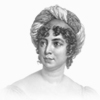 the daughter of the Geneva banker Jacques Necker. She led an influential European salon at the Castle of Coppet and interacted with famous contemporaries in the German-speaking realm such as Friedrich von Schiller and Johann Wolfgang von Goethe (who translated one of her essays).
the daughter of the Geneva banker Jacques Necker. She led an influential European salon at the Castle of Coppet and interacted with famous contemporaries in the German-speaking realm such as Friedrich von Schiller and Johann Wolfgang von Goethe (who translated one of her essays). 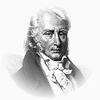 Benjamin Constant She pleaded with passion for social pluralism and against the fatal centralization of the state. Her companion Benjamin Constant — probably one of the most productive philosophers of his time — advanced similar ideas. Constant demystified the state as a mere human association whose only objective was to serve the protection of individual liberty.
Benjamin Constant She pleaded with passion for social pluralism and against the fatal centralization of the state. Her companion Benjamin Constant — probably one of the most productive philosophers of his time — advanced similar ideas. Constant demystified the state as a mere human association whose only objective was to serve the protection of individual liberty.
Ludwig von Mises, Wilhelm Röpke
In the last century Switzerland played a key role as beacon of freedom in a Europe sinking in collectivism and statist excesses.  Ludwig von Mises In 1934 Geneva’s Institut des Hautes Etudes Internationales, led by William Rappard, offered a refuge to the great Austrian economist Ludwig von Mises.
Ludwig von Mises In 1934 Geneva’s Institut des Hautes Etudes Internationales, led by William Rappard, offered a refuge to the great Austrian economist Ludwig von Mises.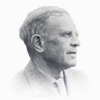 Here he wrote his essential magnum opus Human ActionWilhelm Röpke, which was published in 1940. The German economist Wilhelm Röpke came to the same institute in 1937. In Geneva he wrote his ground-breaking social philosophy and advanced the idea of freedom in the public debate through the Neue Zürcher Zeitung.
Here he wrote his essential magnum opus Human ActionWilhelm Röpke, which was published in 1940. The German economist Wilhelm Röpke came to the same institute in 1937. In Geneva he wrote his ground-breaking social philosophy and advanced the idea of freedom in the public debate through the Neue Zürcher Zeitung.
F. A. von Hayek and the Mont Pèlerin Society
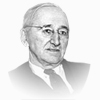 When it was time to lay the foundations for the renaissance of civilization on Europe’s ruins, the economist (and later Nobel laureate) Friedrich August von Hayek gathered in 1947 in Mont-Pèlerin above Vevey 39 leading liberal scholars — among whom L. von Mises, W. Rappard and W. Röpke. The then founded Mont Pèlerin Society today includes over 700 liberal thinkers and practioners worldwide Friedrich Hayekas members. F. A. von Hayek also published in Zurich the first German-language edition of its influential volume The Road to Serfdom. From 1947 until 1959 he published some of his most important essays in the Schweizer Monatshefte.
The Liberal Institute has advanced the comprehensive intellectual and humane tradition of the idea of freedom since 1979 and has given itself the mission to carry it further in the 21th century.
When it was time to lay the foundations for the renaissance of civilization on Europe’s ruins, the economist (and later Nobel laureate) Friedrich August von Hayek gathered in 1947 in Mont-Pèlerin above Vevey 39 leading liberal scholars — among whom L. von Mises, W. Rappard and W. Röpke. The then founded Mont Pèlerin Society today includes over 700 liberal thinkers and practioners worldwide Friedrich Hayekas members. F. A. von Hayek also published in Zurich the first German-language edition of its influential volume The Road to Serfdom. From 1947 until 1959 he published some of his most important essays in the Schweizer Monatshefte.
The Liberal Institute has advanced the comprehensive intellectual and humane tradition of the idea of freedom since 1979 and has given itself the mission to carry it further in the 21th century. Röpke Prize for Civil Society
The Röpke Prize for Civil Society is intended to recognize an achievement and an attitude that are related to the concerns of the great economist, and thus to those of the Liberales Institut. It is also intended as a sign of gratitude and joy that the liberal culture in Switzerland remains diverse and alive. The Röpke Prize is awarded annually as part of the Liberales Institut’s celebration of freedom.
Please refer to the German page for the winners to date.
About the origin of the Röpke Prize
The economist and social philosopher Wilhelm Röpke (1899-1966) is one of the most important representatives of liberalism in recent Swiss history. Both as part of his teaching activities at the Geneva Institute Universitaire des Hautes Etudes Internationales and in the context of his numerous book publications and opinion pieces in the Swiss press, he defended individual freedom, the market economy and a decentralized order with commitment and eloquence. This was at a time when numerous contemporaries sympathized with the promises of totalitarian ideologies or advocated a “pragmatic adaptation” to them.
Wilhelm Röpke therefore still stands for courage, a consistent love of freedom and creative dissidence. According to Röpke, maintaining a liberal order and a vibrant civil society requires that individual citizens respect and apply liberal values and norms in their everyday lives. With the Röpke Prize for Civil Society, the Liberal Institute therefore honors personalities from business, science and culture who strengthen the presence of liberal ideals in society through their activities.





